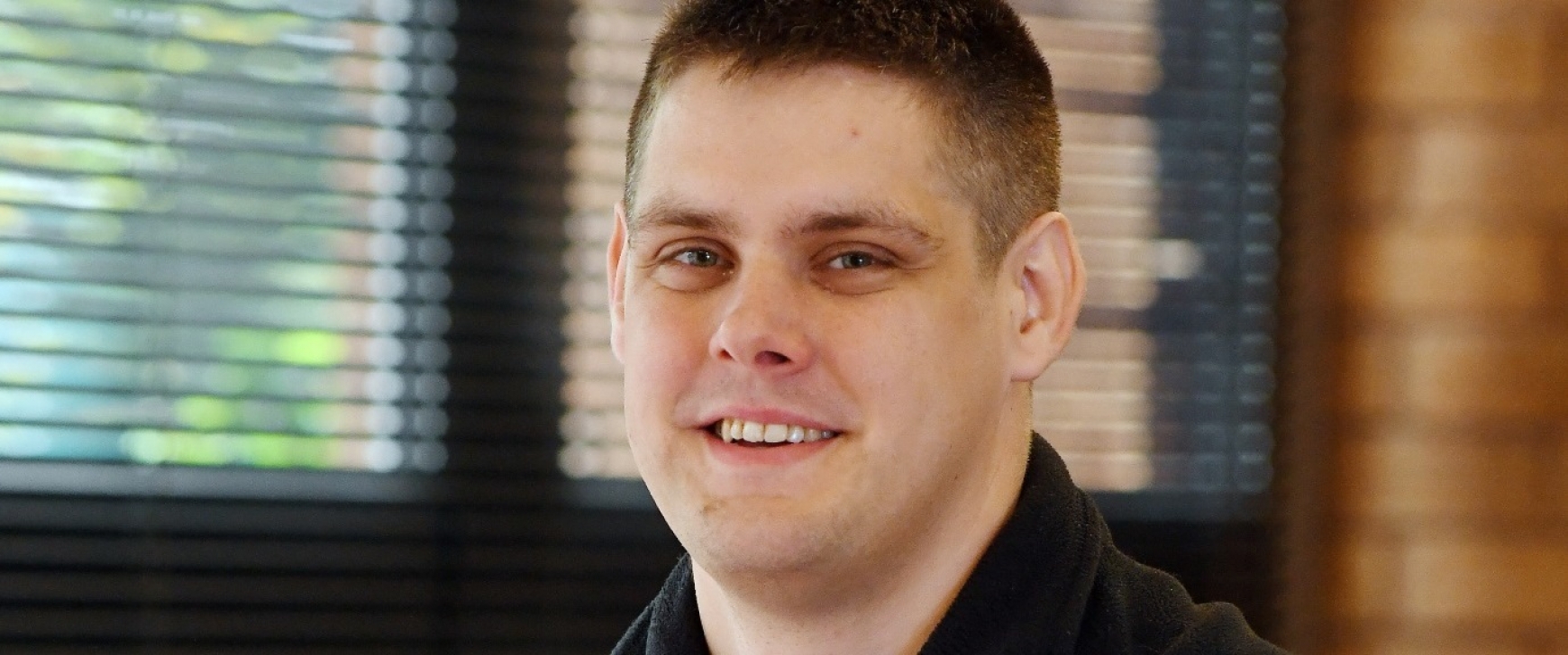When installing a renewable heat generation project, such as biomass boilers or heat pumps, there are many opportunities where things could go wrong and this doesn’t stop once the system is up and running. Thomas Wilkins, our Renewables Heat Team Engineer, looks after many of our customers’ projects from the start and throughout the technology’s lifetime. In this blog, he tells us what the “hot topics” for renewable heat generators are over the next few months…
Tell us a bit about yourself and your role at FEC Energy?
I have worked at FEC Energy for over 4 years now, mainly focusing on the non-domestic Renewable Heat Incentive (RHI). This is a scheme that encourages the use of renewable technologies for the generation of heat. I usually get involved very early on to discuss the feasibility of a project, technologies available, compliance of the system design and how the heat should be used to ensure the project proposed is eligible for the RHI.
When I am not completing RHI applications or amendments, I also help customers with heating system designs, system sizing and feasibility reports.
Who are your customers?
I have a wide range of customers in a variety of industries, ranging from poultry to waste management, all with the common objective of installing a renewable heating system. This can be motivated by a few factors:
- The financial returns of the RHI is a big driver in allowing renewable technologies to be explored as an alternative to fossil fuel
- Using renewable technologies to show the green credentials of the company
I also work very closely with installers of biomass boilers and heat pumps, ensuring that common mistakes in the installation process are minimized, and providing expert advice on the complexities of the RHI regulations, so that applications can be submitted as quickly and competently as possible.
What are the “hot topics” that may affect your customers?
Drying
Currently, there are reforms going through parliament to change the rules around products that can be dried. Once these new regulations come into effect, drying wastes will be stopped altogether for new applications to the scheme, and the drying of wood for fuel will also be stopped, barring these exceptions:
- If you can prove the project started prior to the consultation results, then you could be eligible for a six-month extension
- If you can prove you are replacing fossil fuel, which has been in use for two out of the last three years, you will be able to make an application
These new rules will be coming into effect in “spring 2018”, although we don’t know exactly when; we are expecting it to be at some point in April.
Tariff Guarantees
Also part of the RHI reforms is the introduction of tariff guarantees as a way of ensuring confidence in the RHI scheme. As RHI tariffs are reviewed quarterly, it means that if a project takes six months to complete, there could potentially be two tariff reductions before an application can be submitted. The tariff guarantee will ensure larger projects can go ahead without the risk of lower tariffs being introduced during the installation phase. You can read more about this here…
Planning permission
Under current rules, RHI guidance states that all relevant planning permission should be in place, but there is not a requirement to provide any documentation to demonstrate this. However, following the changes to the regulations, planning permission (or proof that planning permission is not required) will need to be provided with every application.
RHI Health checks
We are offering a new service following requests from our customers. Ofgem audits have started to increase in number, resulting in RHI payments being put on hold while further information to prove compliance is requested. Our aim for these health checks is to identify any changes to the heating systems that have not been reported to Ofgem (e.g. additional heat use added or pipework modified), check the way meter readings are being recorded and ensure that the fuel being used is being recorded for sustainability in the correct way. Click here to find out more about our RHI health check service.
If you have any questions about anything Thomas has mentioned, or think that similar services would benefit you and your business, get in touch with Thomas on 024 7669 8887 or email [email protected].


